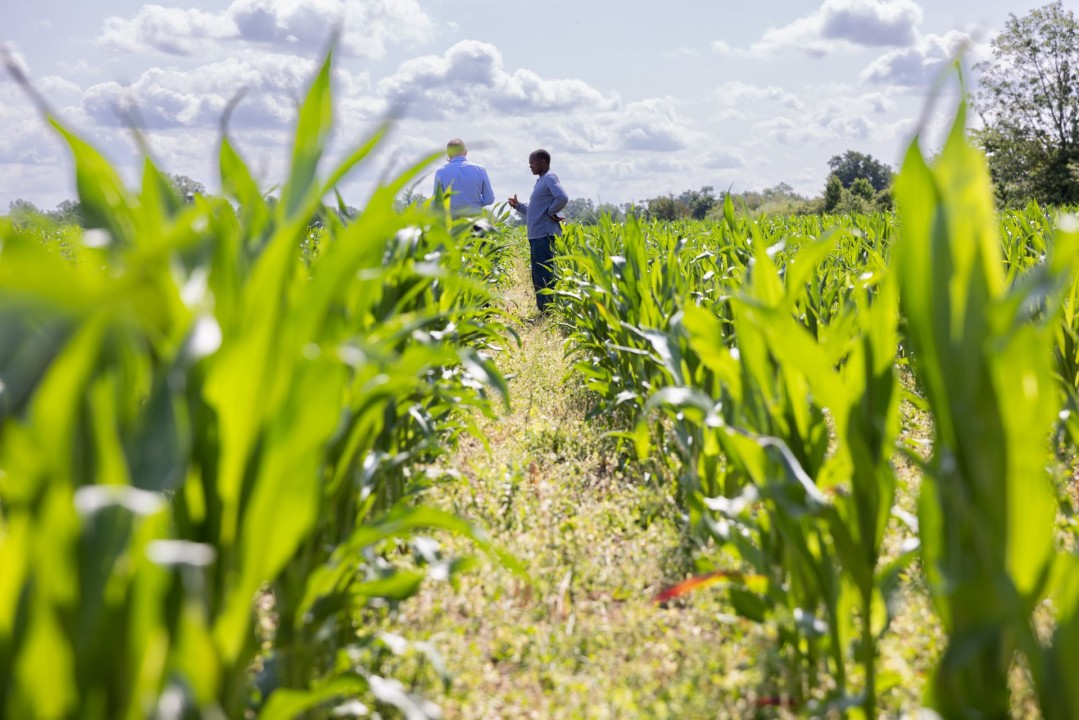The federal government says it is making a web app that will teach farmers how to grow different foods in the best way.
Recently, Aliyu Sabi Abdullahi, the State for Agricultural and Food Security minister, said on TV that he wanted to help create a web app that would teach farmers how to use farming apps better and follow the rules.
Read also: AICCRA Zambia calls for partnership on tech innovations to boost agricultural production
Addressing the Challenges in Agricultural Extension Services in Nigeria
In response to inquiries regarding extension services designed to educate farmers on the most recent agricultural techniques, he stated the following. According to him, the low rate of producers and extension workers in the country is the reason for the app’s development.
The minister also reassured Nigerians that the Federal Government’s numerous programmes and interventions will rapidly decrease commodity prices. He clarified that the nation has historically depended more on rainy-season farming and underscored the necessity of assigning greater significance to dry-season farming.
He talked about how people felt about the government’s plan to bring foodstuffs from other countries over the next 150 to 180 days.
He said that it is a short-term strategy to augment supply and that prices will come down in the immediate future.
Innovative Solutions for Food Security in Nigeria
Food prices have gone up by 40.87% in June 2024, making the food crisis in Nigeria one of the worst in recent memory.
Already, international development organisations project that around 32 million Nigerians will face a severe food crisis between June and August 2024.
Read also: Uncovering the John Deere 8R Series Tractor’s potential
As a way to keep market prices stable, Sen. Abubakar Kyari, who is in charge of the Ministry of Agriculture for the federal government, announced recently that food items like corn, rice paddy, and wheat would be able to be brought into the country duty-free for 150 days.
While President Tinubu said that Nigeria would make its food instead of importing it, this move goes against what the Presidency said earlier about food security.
Food imports have been criticised, especially by farmers. According to the head of the All Farmers Association of Nigeria (AFAN), bringing food would undo the progress in growing rice, corn, and wheat.
Dr. Akinwunmi Adesina, President of the African Development Bank (AfDB) and former Minister of Agriculture, said the policy was sad and that Nigeria could not resolve its food shortages by importing food.




